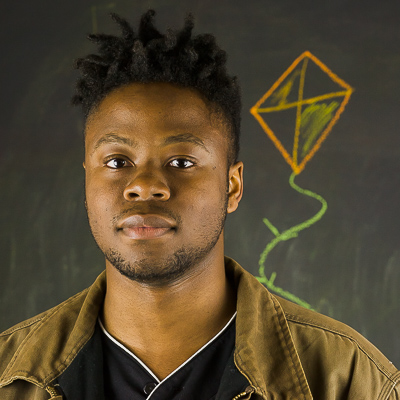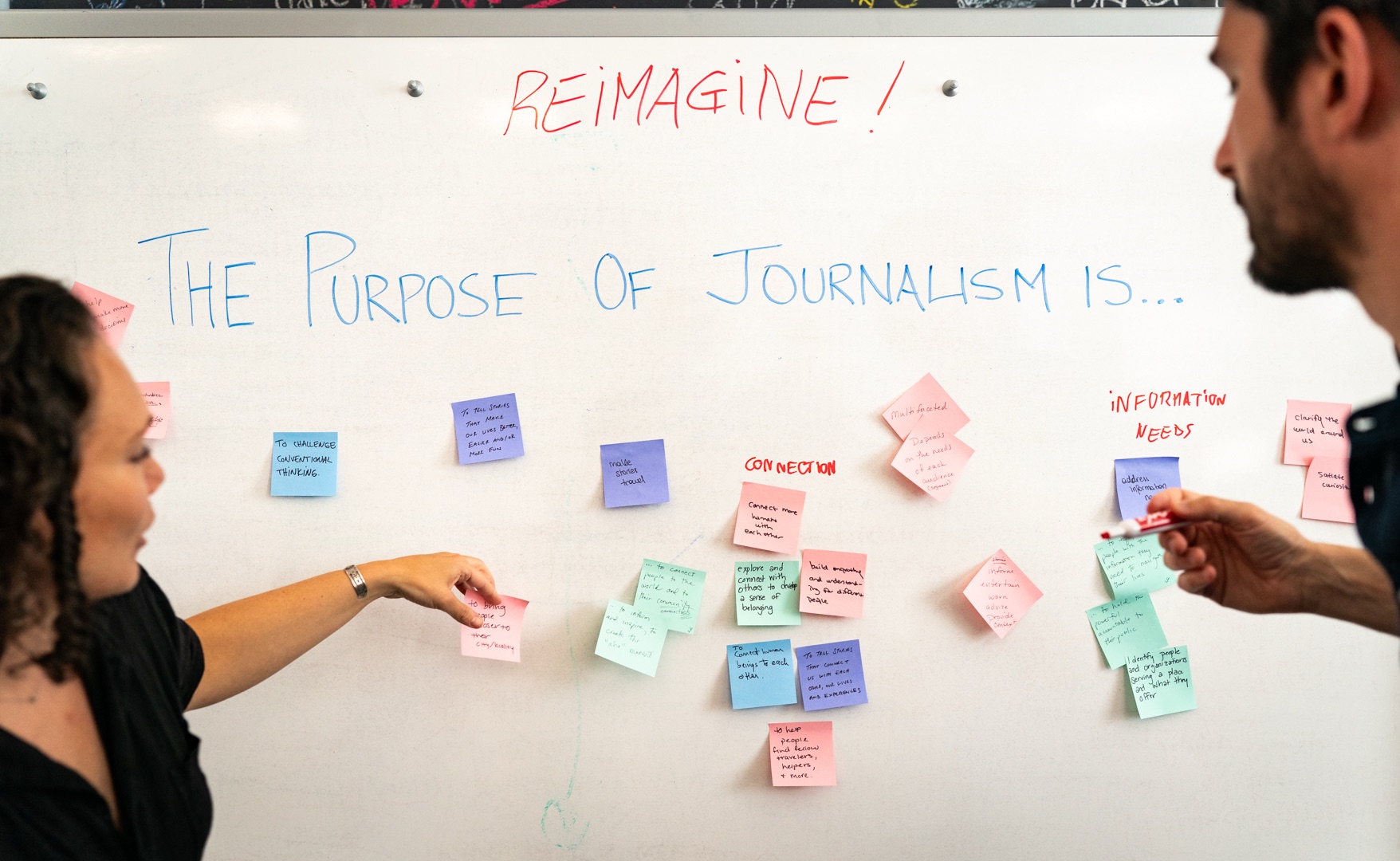At MozFest you’ll hear the word “open” a lot – open data, open news, open knowledge, open science, open web and so on. I wondered, though, what does “open” really mean?
A few years ago, I found out about open source software. My understanding at the time was that open sourcing a project was simply allowing other people to see its code. That simple understanding was enough to get by. But after hearing “open” prepended in so many different ways here in London, I decided to reevaluate my basic understanding.
The Oxford Dictionary says that open means “allowing access, passage, or a view through an empty space; not closed or blocked” or “exposed to the air or to view; not covered.” So in the context of MozFest, I think that open means accessible, available, and transparent. Open is a commitment to lowering the barriers to entry and ensuring that information can be understood, utilized, or improved upon by all who seek to do so.
From that perspective, open source software might be more than just sharing the code or the dataset. Without documentation or curation, can the information be fully accessible? And maybe we should question usability too; who can or cannot make use of this project? There are many similar questions that we can ask to evaluate and develop the openness of our work. This brings into view issues of inclusion, internationalization, and privilege.
My biggest takeaway is that openness is necessary in building and empowering communities and that openness is active. Over the course of MozFest, I had the opportunity to talk to a few people from The Engine Room, School of Data, and the Open Knowledge Foundation. What excited me the most about their work was that they each approached opening information in a unique and active way. To me, this highlights that openness is a full process. It starts at motivation and education, goes through development and mentorship, and ends in social and technological innovation.
In that sense, I think openness is a digital citizen’s responsibility.
About the author





